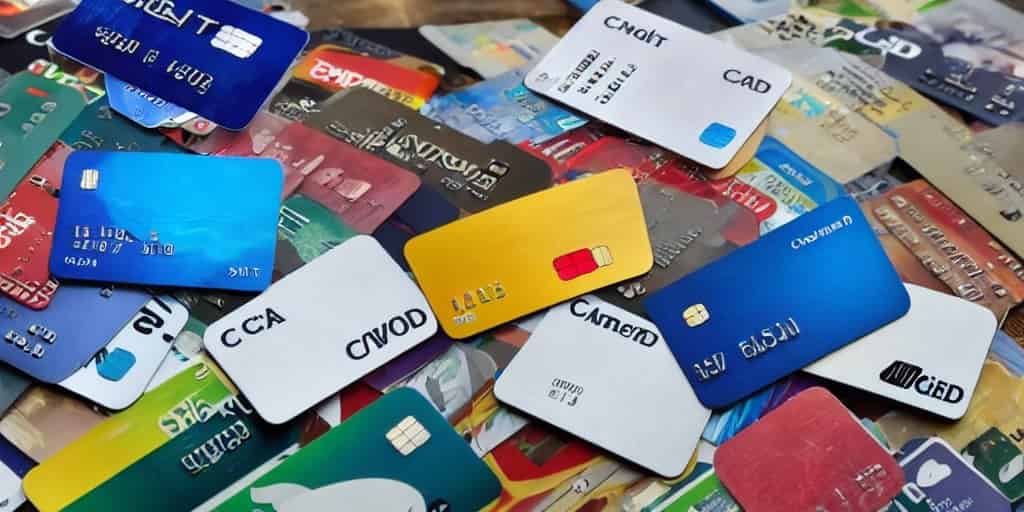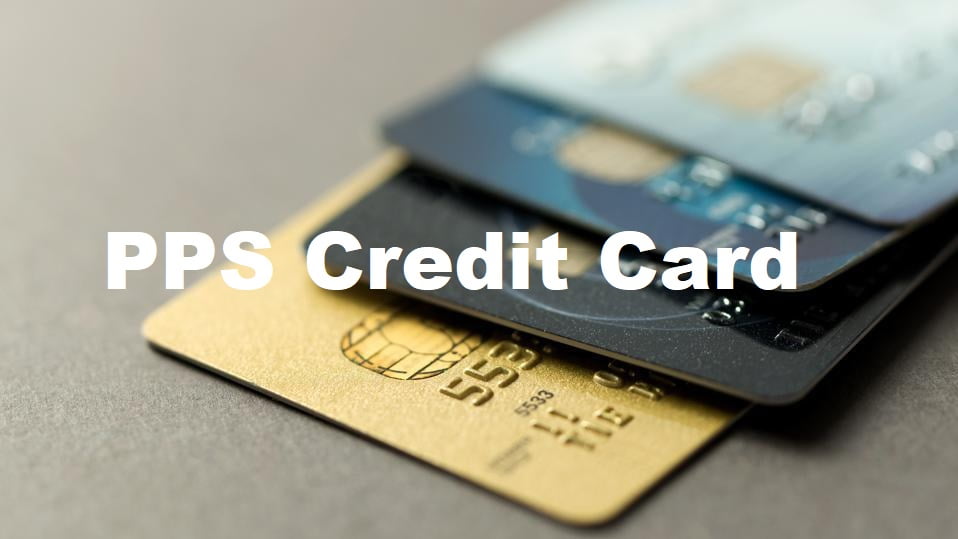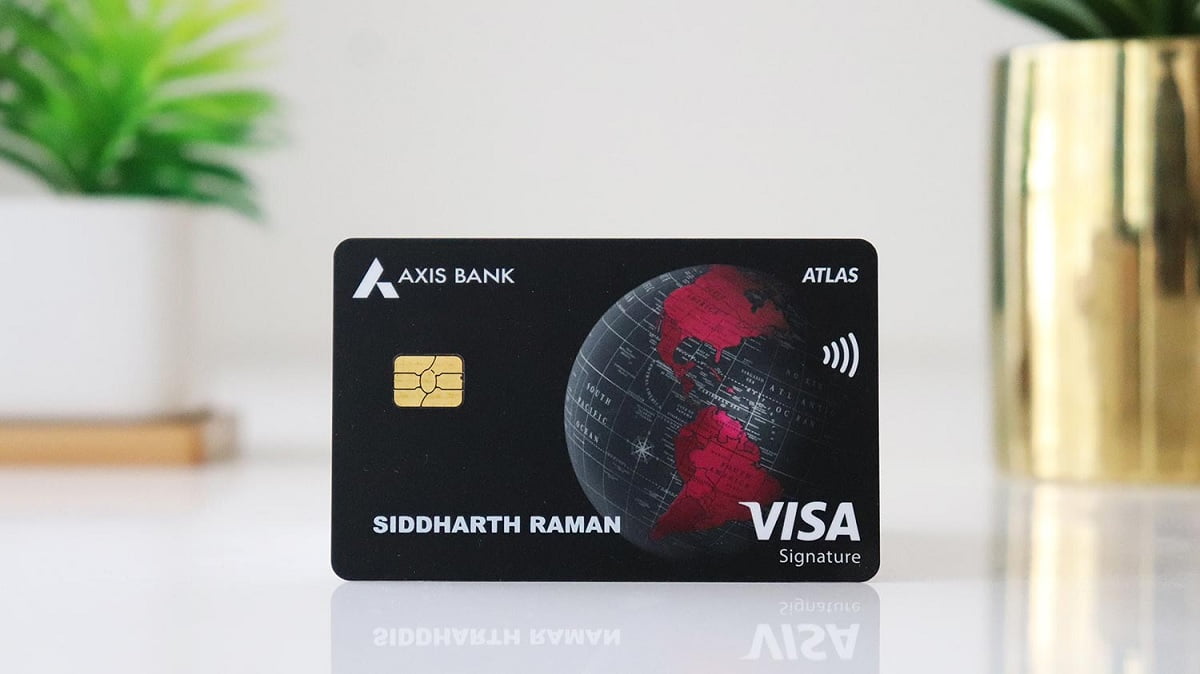Which Type of Card Impacts Your Credit History 2026

Credit cards have become an integral part of our financial lives, offering convenience, flexibility, and purchasing power. However, not all credit cards are created equal, and the type of card you choose can significantly impact your credit history. In this comprehensive guide, we will delve into the various types of credit cards and how they influence your creditworthiness.
Whether you’re new to credit cards or looking to make informed decisions about your existing ones, understanding the nuances of each card type is crucial. We’ll explore the key factors that affect your credit history, dive into the world of credit cards, and provide insights to help you choose the right card for your financial goals.
Types of Credit Cards and Their Impact on Your Credit History
- Credit Builder Card
Credit builder cards are designed for individuals with limited or poor credit histories. These cards typically have low credit limits and may require a security deposit. While they may seem restrictive, they serve a vital purpose in helping people establish or rebuild their credit.
Pros:
- Credit Building: Regular and responsible use of a credit builder card can boost your credit score over time.
- Low Risk: With lower credit limits, you’re less likely to accumulate excessive debt.
Cons:
- Fees: Some credit builder cards come with annual fees and high-interest rates.
- Limited Benefits: These cards often lack rewards or cashback programs.
- Secured Credit Cards
Secured credit cards are similar to credit builder cards but require a security deposit that usually determines your credit limit. They are an excellent choice for those with no credit history or a troubled credit past.
Pros:
- Credit Building: Like credit builder cards, they can help establish or rebuild credit.
- Higher Limits: Your deposit often determines your credit limit, offering more spending flexibility.
Cons:
- Security Deposit: You must provide a security deposit, tying up your funds temporarily.
- Fees: Some secured cards have application fees and annual fees.
- Rewards Credit Cards
Rewards credit cards come in various forms, including cashback, travel rewards, and points-based systems. They cater to consumers looking to earn benefits for their everyday spending.
Pros:
- Rewards: You can earn cashback, miles, or points on purchases, providing monetary or travel-related incentives.
- Credit Building: Responsible use can contribute to a positive credit history.
Cons:
- Higher Interest Rates: Rewards cards often have higher APRs.
- Annual Fees: Many reward cards come with annual fees.
- Travel Credit Cards
Travel credit cards are tailored for frequent travelers, offering perks like airline miles, hotel stays, and travel insurance. They’re ideal for jet-setters looking to make the most of their spending.
Pros:
- Travel Benefits: Access to airport lounges, free checked bags, and travel insurance can make travel more enjoyable and cost-effective.
- Rewards: Earn miles or points for every dollar spent, which can offset travel expenses.
Cons:
- Annual Fees: Travel cards typically come with higher annual fees.
- Limited Utility: If you’re not a frequent traveler, these cards may not be worth the cost.
- Student Credit Cards
Designed for students, these cards often have lower credit limits and are tailored to the unique financial needs of college-goers.
Pros:
- Credit Education: Student credit cards may come with educational resources to teach responsible credit use.
- Credit Building: Using these cards responsibly can help students establish a credit history.
Cons:
- Limited Benefits: Student cards may have fewer rewards and lower credit limits.
- Interest Rates: Interest rates can be relatively high for students with limited credit history.
- Business Credit Cards
Business credit cards are aimed at entrepreneurs and business owners, helping them manage expenses and earn rewards on business-related purchases.
Pros:
- Expense Tracking: Business cards often come with tools for tracking and categorizing expenses.
- Rewards: Earn cashback or rewards on business purchases, reducing business expenses.
Cons:
- Personal Liability: Some business cards may require a personal guarantee, putting your credit at risk.
- Annual Fees: Many business cards have annual fees.
FAQ (Frequently Asked Questions):
Q1: Can the type of credit card I choose affect my credit score? A1: Yes, the type of credit card you choose can impact your credit score. Cards designed for building or rebuilding credit can help improve your score over time, while rewards cards can contribute positively if used responsibly. However, missed payments or high credit utilization on any card can harm your credit score.
Q2: What’s the difference between a secured credit card and a credit builder card? A2: Secured credit cards require a security deposit that determines your credit limit. They’re often used by individuals with no credit history or poor credit. Credit builder cards, while similar, may not always require a deposit but have lower credit limits and are also intended for credit-building purposes.
Q3: Do rewards credit cards always have annual fees? A3: No, not all rewards credit cards have annual fees. There are many reward cards available with no annual fees, but they may offer fewer perks and lower reward rates compared to their fee-based counterparts.
Q4: Are there any credit cards specifically for students? A4: Yes, student credit cards are designed for college students and typically have lower credit limits. They may come with educational resources to help students build responsible credit habits.
Q5: Should I use a travel credit card if I don’t travel often? A5: If you don’t travel frequently, a travel credit card may not be the best choice for you, as the annual fees and travel-related benefits may not outweigh the costs. Consider a rewards card that aligns better with your spending habits.
Conclusion
Choosing the right type of credit card is a crucial decision that can significantly impact your credit history and overall financial well-being. Each type of credit card serves a specific purpose, whether it’s building credit, earning rewards, or catering to your lifestyle.
To make an informed decision, assess your financial goals, spending habits, and credit history. If you’re looking to establish or rebuild credit, credit builder and secured cards are excellent options. For those who want to maximize rewards, consider rewards or travel credit cards. Students and business owners have specialized cards tailored to their unique needs.
Regardless of the card type you choose, responsible credit card use is key. Pay your bills on time, keep your credit utilization low, and avoid carrying a high balance. With the right approach, any type of credit card can be a valuable tool for achieving your financial goals.



